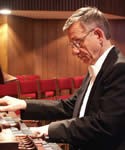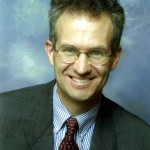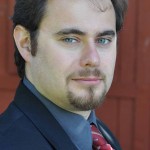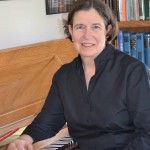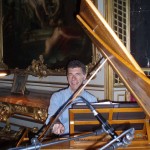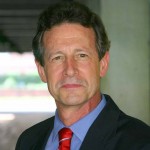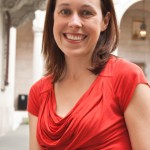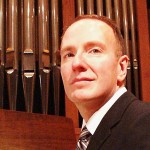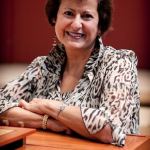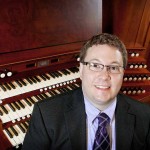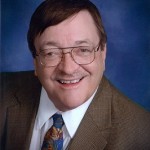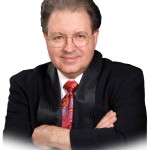Pescado, Paella, Piripiri: Contrasts of Taste in Seventeenth-Century Iberia
Until partway into the seventeenth century, there existed three sub-styles of organs on the Iberian Peninsula: 1) Castilian; 2) Catalunyan/Aragonese; and 3) Portuguese. Differences were slight and gradually amalgamated into a broadly recognizable style, but resulted in subtle influences on compositions from each of their environs. This presentation highlights slight regional variants among these three strands. Life travels of some organ builders working on the Peninsula are traced, sample stop lists facilitate comparisons, and musical examples from the three regions are examined.
André Lash studied Spanish baroque organ music with José-Luis Gonzalez Uriol in Zaragoza, Spain. He holds a Doctor of Musical Arts in organ performance from the Eastman School of Music, studio of Russell Saunders; his dissertation topic was “The Facultad Orgánica of Francisco Correa de Arauxo: Certain Aspects of Theory and Performance.” Earlier studies were at Southwestern Baptist Theological Seminary, Pittsburg State University (Kansas), and privately with Arthur Poister. An American Guild of Organists Fellow, he has contributed a list of editions of early Iberian organ music for the Guild’s website and been active as chapter, state, and regional officer. He is adjunct faculty at the University of North Carolina-Greensboro and organist at Christ United Methodist Church, Greensboro. He has performed at solo venues in the United States, Russia, and Korea, and has presented for Guild regional conventions, Music Teachers National Association, and Festival Internacional de Música de Tecla Española.

